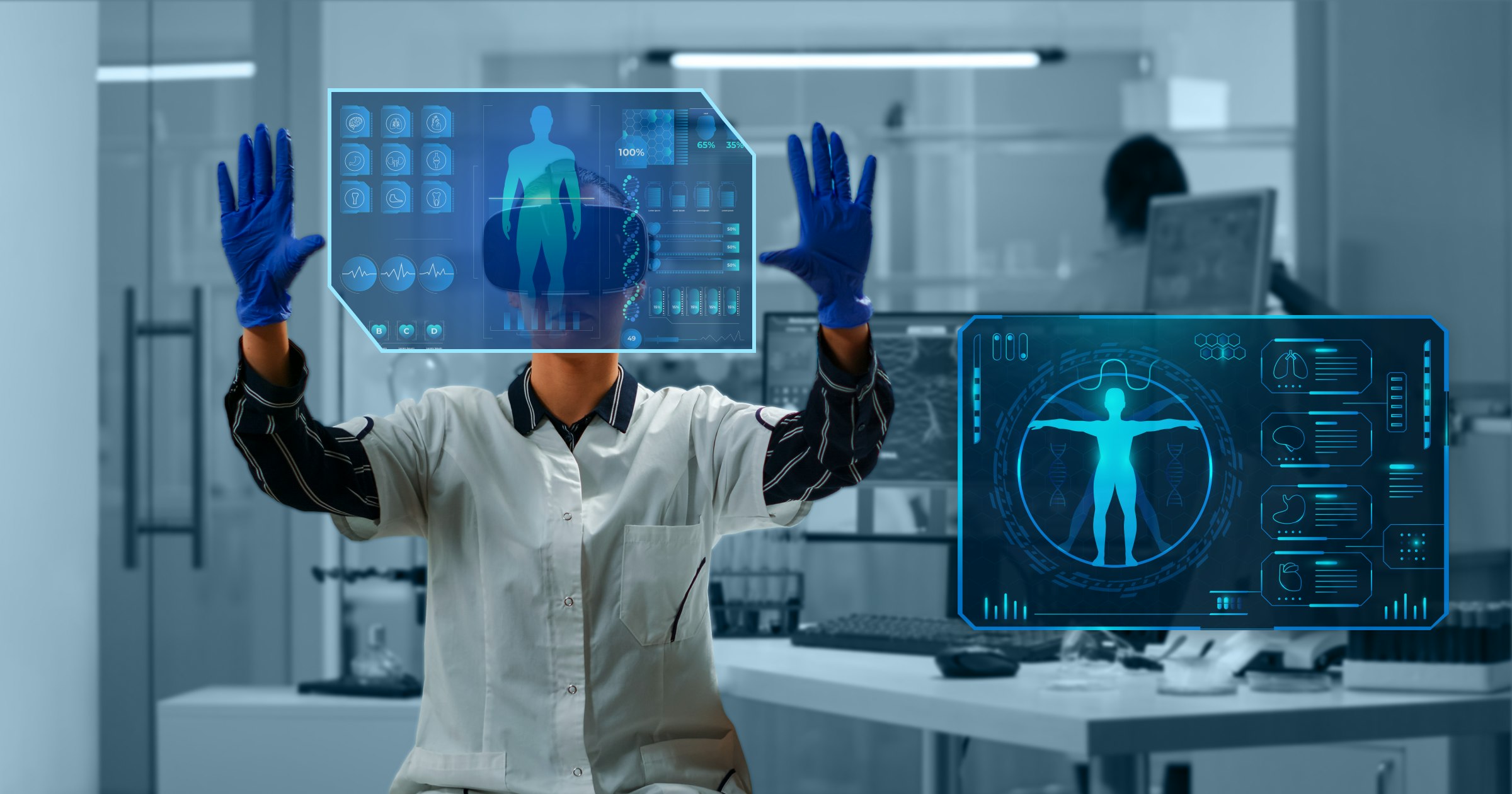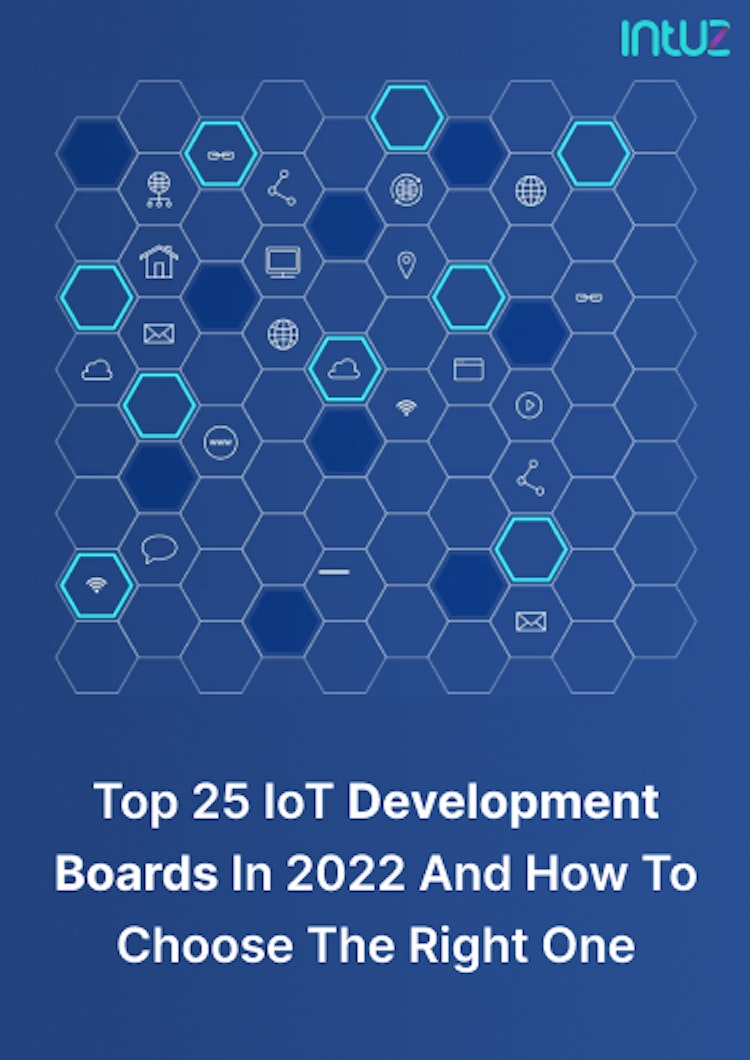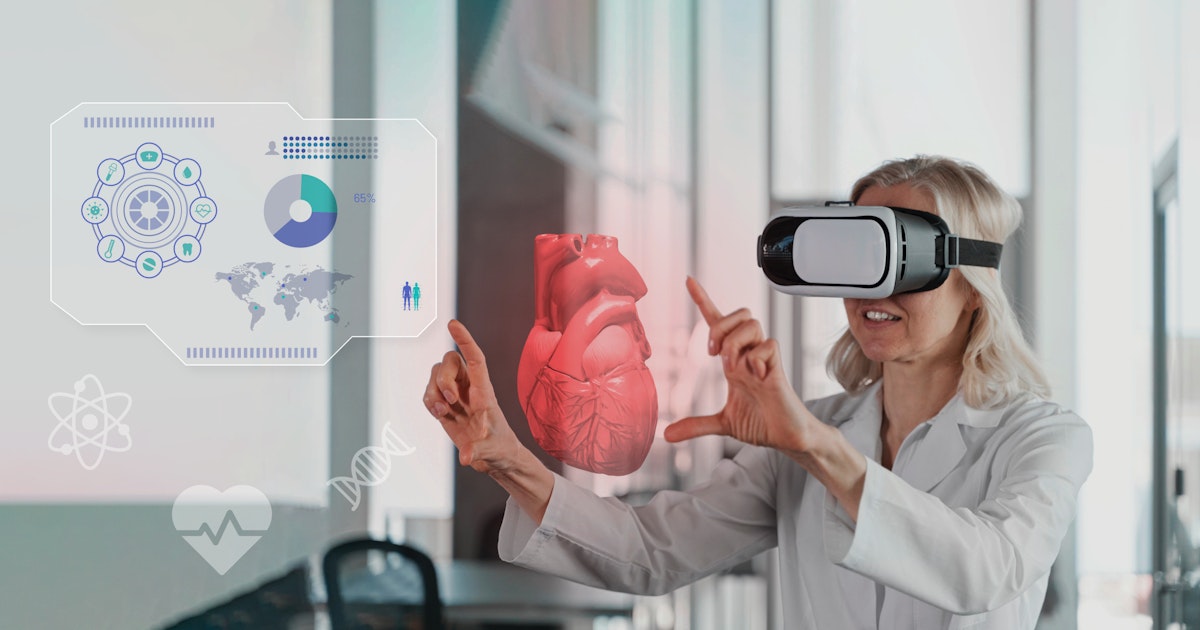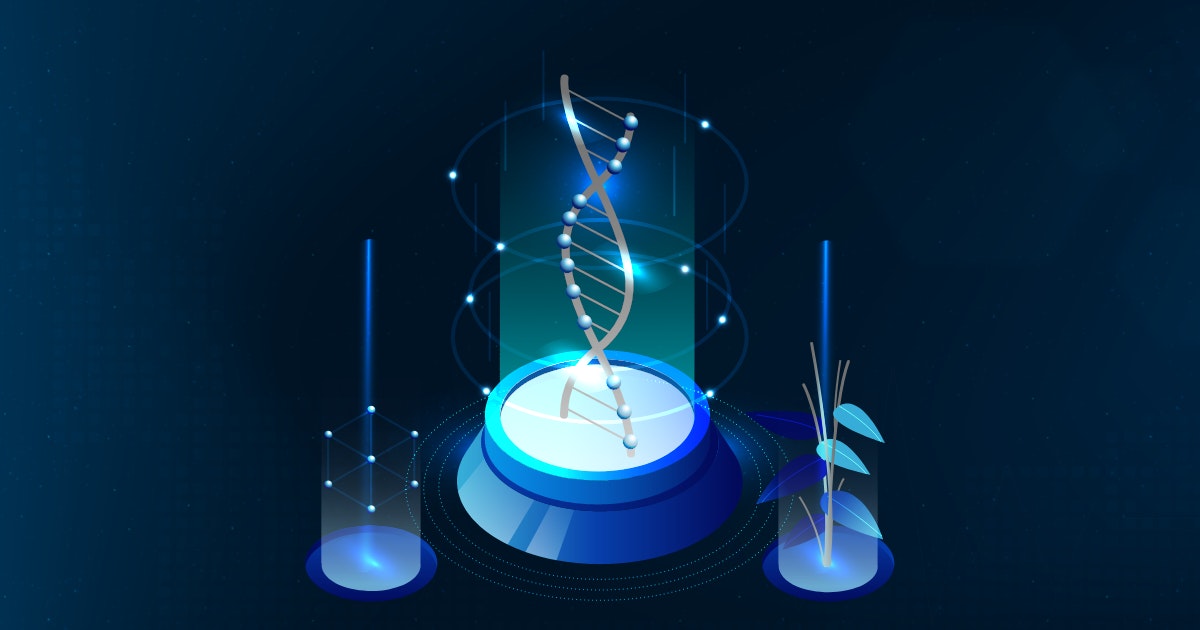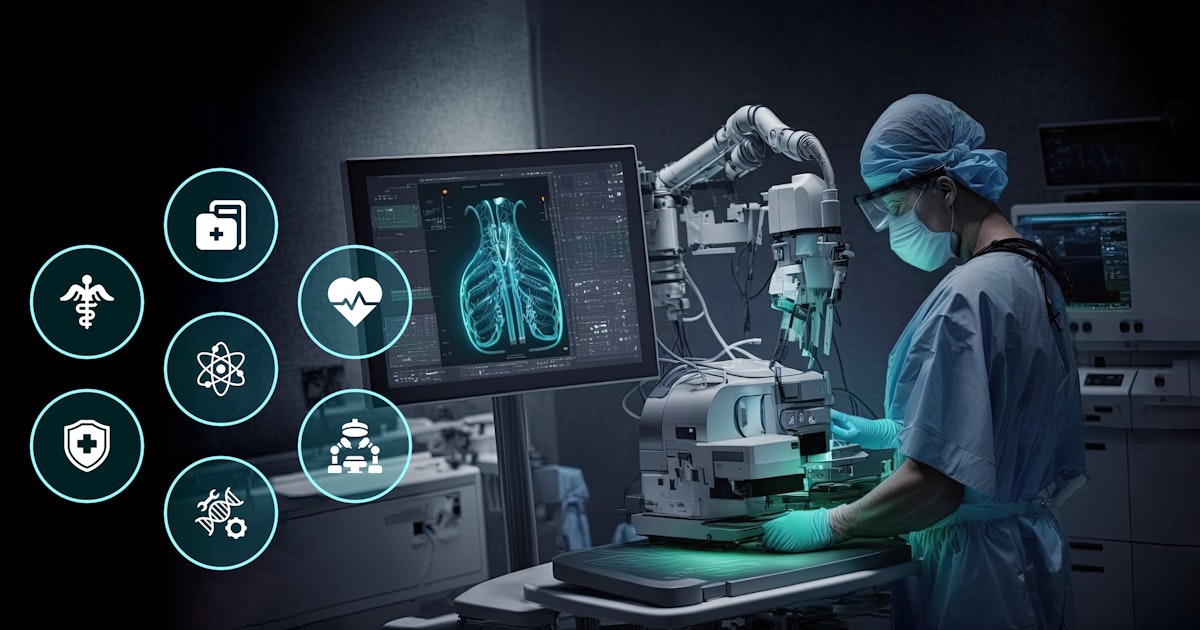The global healthcare industry is facing challenging hurdles in the modern times owing to rising costs, strict regulatory environments, growing failure and error rates, reducing profitability and rising distrust on the modern healthcare system.
Owing to growing demand for quality healthcare system globally, the industry is looking for reliable and innovative solutions to serve various stakeholders, better.
With a rise in increased mobile engagement of humans all over the globe, the healthcare industry also is potentially expected to transform in the near future. Moreover, smartphone has become a popular device among doctors as well just like the stethoscope.
58% of the total smartphone users globally are expected to use wellness apps on their mobile devices. – mobihealthnews
All these trends and growing demand for change have paved way for promising and innovative solutions in healthcare industry using mobile devices and IoT solutions.
Mobile devices and IoT currently are helping healthcare establishments in collecting patient-centric data and promise making healthcare more feasible and affordable. Also, the growing trend of video counselling with doctors are removing the geographical barriers with respect to advanced healthcare requirement and is promoting virtual care and patient empowerment.
Mobile devices and IoT solutions in the healthcare industry are helping medical professionals and doctors to connect with patients in real time and serve them in a better way. Using mobile solutions and IoT devices, a patient is effectively able to complete simple as well as complex routine health tasks through the internet such as booking appointments with doctor, receive a virtual prescription, order medication, and set reminders.
Integrated platforms built around the use of mobile devices such as wearable devices and IoT in healthcare are being developed by healthcare companies to facilitate faster aggregation of patient data helping in better treatment.
Also, the future promises use of mobile devices and IoT-based platform for checking essential body vital statistics, offering reminders to patients, providing required health tips and educational videos to patients on time.
By empowering patients with respect to their health condition, such solutions will promise real-time answers to complex health problems while at the same time help healthcare establishments to generate required insights on every patient’s health in real time. These medical solutions are helping in diagnosis, emergency care, treatment and patient rehabilitation in modern times.
In the future, with the help of amalgamation of various technologies such as augmented reality, biometric sensors, genomic sequencers, etc. with mobile devices, these mobile and IoT-driven solutions will help in streamlining various healthcare aspects and improving patient compliance.
The future of IoT applications in healthcare shining bright
There is no doubt that IoT devices are getting smarter by the day, going beyond just transmitting data from patient to healthcare worker.
Today, we have IoT healthcare apps that deploy cloud services for data analysis, such as smart insulin pens and glucose monitoring systems that capture glucose levels from the patient and upload their findings on the cloud, which can be accessed on mobile.
Based on the analysis, healthcare workers can administer the correct amount of insulin for the patient. Another fantastic example is that of smart nanny cameras useful in monitoring elderly patients. These cameras identify movements that deviate from the normal.
For instance, if an older person visits the washroom but does not come out after 15 minutes (the usual time spent there), then the caregivers can be alerted instantly.
In addition, senior citizens can access a personal virtual assistant that reminds them to take their medicines, surveys them for any health-related issues, and signals caretakers if the sensors find any abnormalities, such as high glucose levels and fall in oxygen levels in the person.
Beyond wearable technology and patient-specific interactions, IoT is equally helpful in equipment tracking and inventory management. Real-time location systems track the movement of the equipment, which gives hospitals a clearer picture of who has used it and when.
Upgrade Your Medical Practice with Smart IoT Technology!
Explore SolutionsTop five use cases of IoT in healthcare
Quite stupendously, AI continues to convert the traditional Internet of Medical Things (IoMT) from mere data point collectors to smarter devices that facilitate meaningful data-driven interactions. Here are the top use cases of IoT healthcare technologies you must know about:
1. Fail-proof remote patient monitoring
Before the advent of IoT, it was not possible to check the status of the patient’s health after they were discharged from the hospital. The lack of outpatient data blocked the doctors from helping patients when they were around them.
Thanks to IoT sensors, it is now possible to capture data through medical devices in healthcare and share that in real-time with doctors. That way, severe conditions can be prevented from developing, and the patient’s life can be saved with critical and timely treatment.
For instance, by capturing the abnormal heartbeat of a patient, the IoT apps can notify the doctors who can accordingly manage the situation.
2. Enhanced clinical infrastructural management
A typical clinical infrastructure comprises operating rooms, inventory, nurses, equipment, medicines, and so on. The OR is still managed manually in many hospitals, with whiteboards handled by receptionists for tracking schedules.
IoT makes managing clinical operations more efficient as medical sensors can track who is there and what is happening and updating an online schedule on the side for everyone to see. The data is tracked in real-time, error-free, minus human intervention.
3. Improved chronic disease treatment
Internet-connected devices allow doctors to gather appropriate info on their patients, which further helps them prescribe the right treatment. For instance, if a patient is on a specific regimen, IoT can determine if the course of treatment is working for them or not.
Doctors can use these insights to make recommendations and adjust the medicine accordingly. For instance, sleep apnea machines can adjust the pressure delivered due to the symptoms it notices in the patient.
4. Consistent device health monitoring
IoT sensors help measure and assess the health (e.g., battery life) of medical devices themselves. This information can then be relayed to the hospital or the medical app development company, or whoever is using it so the device can be fixed before it is too late.
Having said that, critical medical apps that are needed to sustain human life should run reliably at all times. However, if such devices break down, they can have serious repercussions to the patient. With such technologies in healthcare, this problem can be averted to a great extent.
5. Effective drug management
Thanks to cloud computing, it is easy for healthcare providers to administer the amount of medicine given to a specific patient and track its effectiveness.
Depending upon the app in use, it can also send reminders to the immediate kin or caretakers, notifying them that the patient needs to take their medicine on time. In some instances, they can also be alerted if they have not taken the medication on time.
Mobile Solutions Disrupting Various Aspects of Modern Healthcare Ecosystem
Mobile App Development solutions and IoT collectively have empowered patients and the common man to a greater respect and are helping healthcare companies in enhancing productivity, reduce failure-to-response rates and improve information access.
Also, these solutions are helping in improving communication between doctors, establishments, and patients, equipping everyone with required information in a better way. Using a combination of mobile devices, cloud platforms, scanners, radars, IoT and wireless devices, healthcare companies are ensuring faster communication and flow of data to improve healthcare quality.
The healthcare industry is being disrupted by mobile and IoT solutions and the same are changing the way things are being done in the industry related to:
Emergency Care
Using mobility solutions such as mobile apps, patients remain always connected to hospitals and doctors and can call for help from anywhere, anytime. The emergency response team coordinates with the patient/family member for transferring to hospital at the earliest to provide required treatment.
Patient Care
Mobile apps help in patient monitoring, administration of medicines, a collection of specimen, and testing and transfusion verification in a timely and regular manner.
Community Care
Mobile solutions are helping to collect and share field data for monitoring and managing the outbreak of infectious diseases.
How IoMT Is Set To Transform The Medical And Healthcare Industry
Read NowClinical Collaborations
Mobility solutions are helping physicians, hospitals, and nurses to connect, communicate and consult by sharing critical patient information whenever required from anywhere using mobile phone apps.
Hospital Administration
Dedicated mobile solutions are helping hospitals to manage various aspects of hospital administration such as patient admission/discharge, insurance claim processing, asset and facility management, etc.
Workforce Management
Mobile solutions are helping hospitals in workforce scheduling, mobile dispatching of emergency units, time logging and other aspects related to medical workforce management.
Promising mobile apps/devices helping patients, doctors & hospital take charge of medical conditions
5 Best Mobile Apps in Healthcare Industry
There has been a significant development in the healthcare industry concerning mobility solutions, IoT devices, and other wireless devices. Though, being an initial stage for disruption in the industry, there has been promising examples in the form of mobile apps that have helped patients, doctors, and hospitals by empowering them, medically. Some of the promising mobile apps and solutions helping various stakeholders in healthcare industry include:
1. Isabel Symptom Checker
Isabel Symptom Checker mobile app empowers common man in finding a possible cause of their disease and symptoms using mobile devices. By helping patients get verified information about medical symptoms, the app is helping up speed consultation process with a physician.
2. Kardia
Kardia is a powerful ECG app that has been approved by FDA for monitoring heart’s health and provides accurate reports regarding vital heart data. This app helps in easy reporting of vital heart information and a doctor can take required data for further treatment.
3. Dr. Now
Dr. Now mobile app help patients connect with physicians using a smartphone through video conferencing. The mobile app offers cost-effective medical consultation to patients and also helps patients determine their annual savings through an inbuilt calculator.
4. HIV-test smart phone dongle
This is a disruptive and innovative dongle that can be attached to a normal smartphone for providing accurate HIV test report. Being one of the most revolutionary breakthroughs in healthcare world, this dongle has significantly reduced the cost of HIV diagnosis and made it easier to get accurate HIV reports in just 15 minutes using a normal smartphone.
5. FollowMyHealth
A complete mobile medical management app, FollowMyHealth helps patients keep an accurate track record of their health condition using their mobile phones. The app helps patients in storing their medical records, and test results, schedule appointments, talk with healthcare professionals, manage insurance policies, and even keep a tab of the health of family members & friends through a single screen.
Boost Healthcare Efficiency with Custom IoT Solutions!
Let's Get Started!Over to you
Medical innovation has become the need of the hour and mobility solutions, as well as IoT tools, are paving the way for the future of healthcare, globally. Understanding the specialized requirement for advanced mobility solutions in the form of mobile apps for the healthcare industry, Intuz has committed itself to delivering functional mobile apps for the sector.
Intuz has been involved in the development of intuitive and interactive mobile apps since 2008 and has built more than 1000 mobile apps for global clients across industry segments, including healthcare.
Owing to rich experience and strong expertise in app development along with a hardworking team of expert app developers, Intuz has become a trusted name in the global iOS and Android app development landscape.
The company has been responsible for the development of custom mobile apps for the healthcare industry that has improved patient interaction, communication as well as record management for various stakeholders.
Book a Free 45-minute Consultation with Our IoT Experts Today! Get a customized roadmap and strategies to leverage IoT to streamline healthcare practices.
